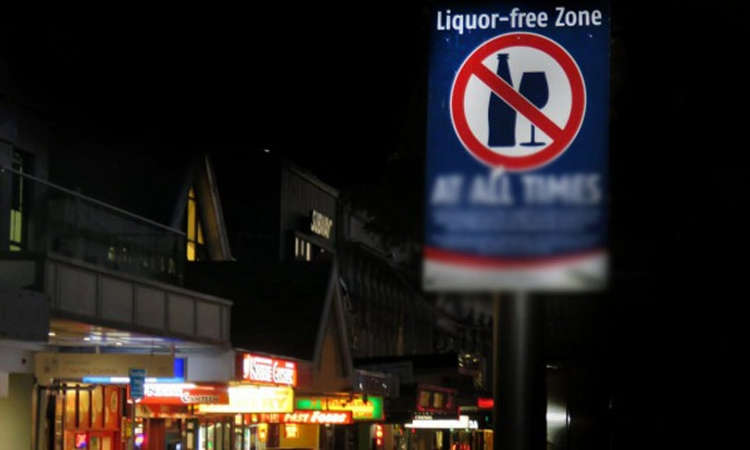- Home
- /
- High Courts
- /
- Patna High Court
- /
- Mere Breathalyser Test Insufficient...
Mere Breathalyser Test Insufficient To Convict Under Bihar Liquor Ban Act: Patna High Court
LIVELAW NEWS NETWORK
27 Aug 2025 11:49 AM IST
The Patna High Court has set aside a conviction under the Bihar Liquor Ban Act, stating that the breathalyser test is insufficient on its own without blood or urine evidence and pointing out flaws in the fair investigation. The court allowed an appeal, overturning a man's conviction of simple imprisonment for a period of one year, for allegedly consuming alcohol in violation of Bihar's...
The Patna High Court has set aside a conviction under the Bihar Liquor Ban Act, stating that the breathalyser test is insufficient on its own without blood or urine evidence and pointing out flaws in the fair investigation.
The court allowed an appeal, overturning a man's conviction of simple imprisonment for a period of one year, for allegedly consuming alcohol in violation of Bihar's strict prohibition law.
The court pointed out procedural flaws, such as the informant acting as the investigating officer, which jeopardised a fair investigation, and underlined that a breathalyser test is not definitive proof of intoxication without supporting blood or urine tests.
Justice Alok Kumar Pandey held: "In the event that there is no relevant information regarding a blood or urine test, It is impossible to draw a specific conclusion regarding the accusation against the appellant."
Background
The case relates to the appellant Manoj Murmu, who was alleged to be intoxicated after a breathalyser test. Murmu was found guilty under Section 37 of the Bihar Prohibition and Excise Act, 2016, read with Rule 18(4) of the Bihar Prohibition and Excise Rules, 2021 by the trial court and was sentenced to one year of simple imprisonment.
Ankesh Bibhu, the appellant's counsel (appearing as amicus curiae), contested the conviction, claiming that neither witness provided a sufficient description of the scene of the incident, hence the location was not proven. He argued that the appellant was prejudiced by the informant acting as IO, which went against the fair investigation principles.
Moreover, disparities were pointed out, and it was stated that no test was carried out at the purported location. P.W.-2 stated that eight to ten additional people were present at the scene, but P.W.-1 remained silent on the subject. P.W.-1 acknowledged that he lacked specialised training for using the breath analyser machine, and it lacked distinctive identification markings.
The State, represented by Additional Public Prosecutor Zeyaul Hoda, claimed that the breathalyser test was demonstrated and verified by both witnesses, in accordance with the evidence in the file.
The High Court examined the evidence and framed the main question as "Whether the prosecution has proved the case beyond the shadow of reasonable doubt?" It pointed out that there were no specifics regarding the location of the incident, making the case's origins unknown."
Due to the IO's lack of training, the bench ruled that the certification did not meet mandatory requirements, citing Section 65B extensively: "Any certification given by said person is beyond any stretch of imagination and same does not satisfy the requirement prescribed under law."
Key inconsistencies were noted by the bench, including the unclear location of the incident, the test not performed on-site; the inconclusive breath test without blood or urine evidence, and contradictory witness statements. Because of these, the prosecution's story was called into question.
Accordingly, the court allowed the appeal and released the appellant.
Case: Manoj Murmu @ Manoj Murmur v The State of Bihar
Case No: CRIMINAL APPEAL (SJ) No.848 of 2023



